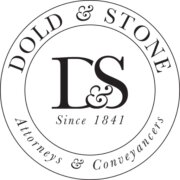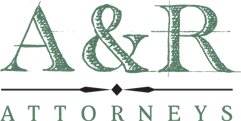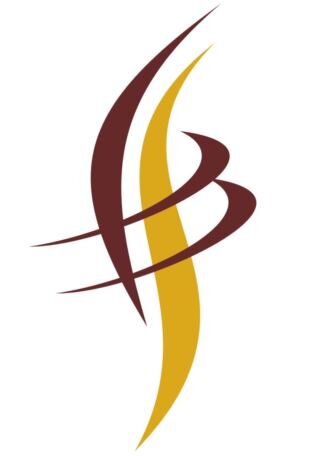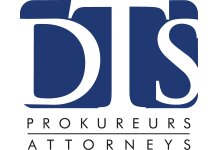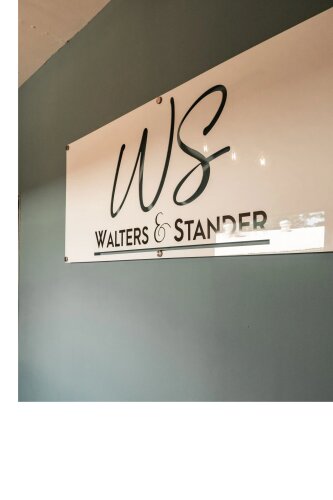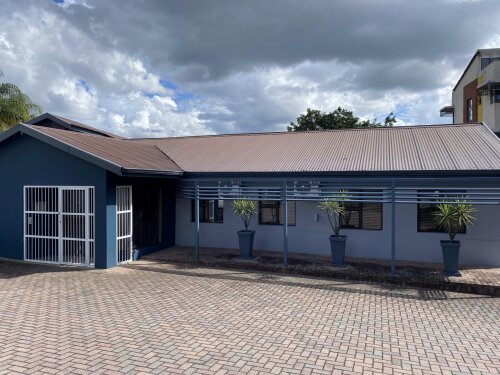Best Water Law Lawyers in Johannesburg
Share your needs with us, get contacted by law firms.
Free. Takes 2 min.
List of the best lawyers in Johannesburg, South Africa
About Water Law in Johannesburg, South Africa
Water Law in Johannesburg is primarily concerned with the regulation, use, management, and protection of water resources within the city and the broader Gauteng province. Governed by national legislation such as the National Water Act of 1998 and supported by municipal by-laws, Johannesburg’s water law framework covers matters such as water allocation, pollution control, water rights, and access to clean and affordable water. The law aims to balance the needs of urban development, industrial activity, agriculture, and environmental conservation, ensuring fair distribution and sustainable use of water resources for all residents and businesses in Johannesburg.
Why You May Need a Lawyer
Engaging a lawyer with expertise in Water Law may be necessary for various reasons. Common situations include disputes over water use rights between neighbours or industries, challenges concerning water access or billing with municipal authorities, negotiating water supply agreements for commercial or agricultural purposes, environmental compliance concerns, and navigating regulatory requirements for borehole or groundwater use. If you face water pollution allegations, need to apply for a water use license, or are affected by water restrictions or municipal service outages, seeking professional legal advice can ensure your rights are protected and help you find efficient and lawful solutions.
Local Laws Overview
In Johannesburg, the most important legal frameworks governing water are the National Water Act (No. 36 of 1998) and various municipal by-laws specific to the City of Johannesburg. The National Water Act establishes principles of equitable access, sustainability, and the protection of water resources. It introduces a licensing system for significant water uses and places pollution prevention obligations on individuals and businesses. Locally, the City of Johannesburg Water Services By-Laws regulate connections, consumer obligations, tariffs, water safety and hygiene, restrictions during shortages, reporting of leaks, and penalties for illegal use or waste of water. Compliance with both national and local rules is crucial for avoiding legal liability.
Frequently Asked Questions
What are the main laws governing water use in Johannesburg?
The key laws are the National Water Act, 1998, and the City of Johannesburg Water Services By-Laws. These regulate who can use water, how it must be managed, and the consequences of non-compliance.
Do I need a permit to sink a borehole?
Yes. Sinking and operating a borehole requires registration with the Department of Water and Sanitation, and use must comply with both national guidelines and local by-laws. Failure to register can result in fines or legal action.
Can my water be disconnected if I have unpaid bills?
Yes. Under the City of Johannesburg’s regulations, non-payment can result in disconnection of water supply after due notice. Legal procedures must be followed, and you retain the right to appeal or negotiate payment.
What should I do if I suspect water pollution on my property or nearby?
Report the issue immediately to Johannesburg Water or the Department of Water and Sanitation. Pollution is a serious offence, and authorities are obligated to investigate and take appropriate action.
Can I be held liable for leaking pipes or wastage on my property?
Yes. Property owners are responsible for internal plumbing and must repair leaks promptly. Failing to do so can result in penalties under local water by-laws.
Are there restrictions during times of drought?
Yes. The City may implement strict water use restrictions during drought or shortages, including limits on irrigation, car washing, and other non-essential uses. Violations of these restrictions can lead to fines.
What rights do I have to access water services as a resident?
All residents have the constitutional right to access sufficient water. The City is required to provide basic water services, although service levels may vary based on infrastructure and payment history.
How can I challenge an unfair water bill?
You can lodge a dispute with Johannesburg Water for investigation. If unresolved, you may seek assistance from the City’s ombudsman or pursue legal remedies with the help of a lawyer.
What is a water use license and when is it required?
A water use license is official permission to carry out large-scale or designated water uses such as irrigation, industrial purposes, or altering streams. It is granted by the Department of Water and Sanitation and is required for uses beyond domestic needs.
How do water laws impact businesses or developments?
Businesses and property developers must comply with licensing, environmental impact assessment requirements, and water conservation measures. Non-compliance can halt projects, lead to penalties, or result in legal disputes.
Additional Resources
For more guidance or support, consider contacting these key resources:
- Department of Water and Sanitation: The primary national regulatory body for all water matters - Johannesburg Water: The municipal entity responsible for supply and wastewater services - Legal Aid South Africa: Provides legal advice and assistance for qualifying individuals - South African Human Rights Commission: Addresses complaints relating to the constitutional right of access to water - Environmental law centers and university legal clinics: Many offer public workshops and advice on water rights and responsibilities
Next Steps
If you are facing water-related legal issues in Johannesburg, begin by clarifying the nature of your problem and gathering all relevant documentation. Next, contact Johannesburg Water or the relevant government department if your query involves public services. For disputes, complex regulatory matters, or where your rights or finances are at risk, consult an attorney or legal advisor with specific experience in Water Law. Many initial consultations are free or low cost, and legal professionals can help you navigate procedures, protect your interests, and reach a fair resolution. Take action promptly, as delays can sometimes worsen legal or financial consequences.
Lawzana helps you find the best lawyers and law firms in Johannesburg through a curated and pre-screened list of qualified legal professionals. Our platform offers rankings and detailed profiles of attorneys and law firms, allowing you to compare based on practice areas, including Water Law, experience, and client feedback.
Each profile includes a description of the firm's areas of practice, client reviews, team members and partners, year of establishment, spoken languages, office locations, contact information, social media presence, and any published articles or resources. Most firms on our platform speak English and are experienced in both local and international legal matters.
Get a quote from top-rated law firms in Johannesburg, South Africa — quickly, securely, and without unnecessary hassle.
Disclaimer:
The information provided on this page is for general informational purposes only and does not constitute legal advice. While we strive to ensure the accuracy and relevance of the content, legal information may change over time, and interpretations of the law can vary. You should always consult with a qualified legal professional for advice specific to your situation.
We disclaim all liability for actions taken or not taken based on the content of this page. If you believe any information is incorrect or outdated, please contact us, and we will review and update it where appropriate.




